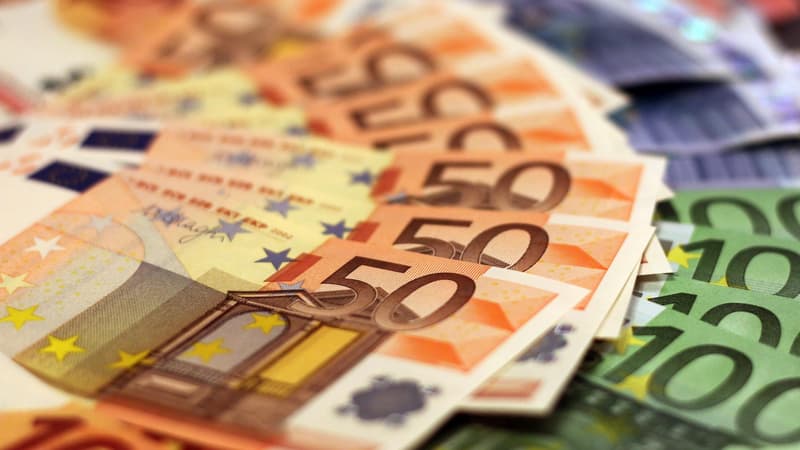The European Parliament and member states agreed on Thursday to limit cash payments within the European Union to 10,000 euros, as part of anti-money laundering legislation. Some countries, such as France, already have stricter rules than the new European provisions on cash payments. In France, for example, cash payments in stores are limited to 1,000 euros. But in other countries, such as Austria or Germany, cash payments remain unlimited so far.
The provision is part of a text also aimed at better combating the financing of terrorism, concluded after two and a half years of negotiations and which will enter into force this year. The aim is to bring together the very disparate existing regulations in the 27 EU countries to detect and limit questionable transactions.
Jewelry and football clubs.
This agreement “will ensure that fraudsters, organized crime and terrorists will no longer have the possibility of legitimizing their profits through the financial system,” declared Belgian Finance Minister Vincent Van Peteghem, whose country guarantees the rotating presidency for six months. of the Council of the EU.
The new legislation also harmonizes and tightens anti-money laundering and terrorist financing rules imposed, in particular, on banks, real estate agencies and casinos. These entities will need to be able to identify their clients or asset owners behind opaque financial arrangements. The application of these standards will be extended to the cryptoasset sector to guarantee traceability there as well.
They will also affect the trade of luxury products such as precious metals, jewelry, watches, as well as very high-end cars, private jets or yachts. Finally, professional football clubs and their agents will also be subject to the reinforced regulations, but at the end of a five-year transitional period after the entry into force of the text, that is, from 2029.
The new legislation will also strengthen the powers of financial intelligence services.
Fight “against dirty money”
The European Parliament and the Member States had already approved in December the creation of a European Union agency against money laundering and the financing of terrorism. The future headquarters of this organization is coveted by several countries, including France and Germany. The new agency, called AMLA (“Anti-Money Laundering Authority”), will be responsible, in particular, for supervising and coordinating national authorities to better detect and combat questionable cross-border activities.
This package of measures was proposed by the European Commission in July 2021. Financial Services Commissioner Mairead McGuinness welcomed “an important step in the fight against dirty money in the EU” on Thursday.
Source: BFM TV


